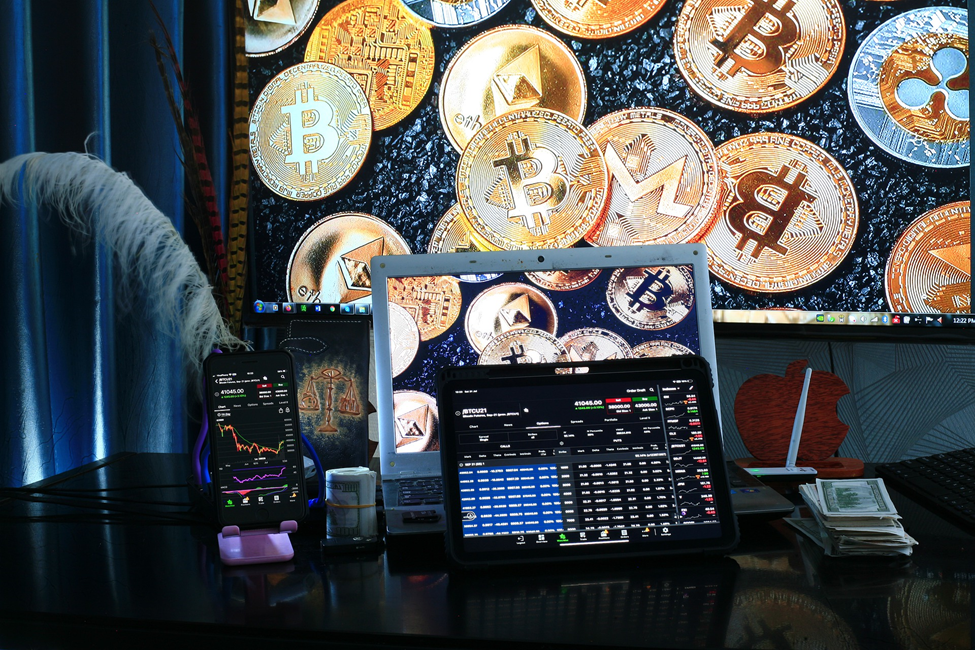The red-hot fintech sector continued to surge through the conclusion of 2021 and seems poised to carry its momentum through 2022. Let’s recap some recent highlights, including the growth of challenger banks and the farfetched plan to build a “Bitcoin City.”

While the United States is home to the majority of fintech unicorns (60%), the United Kingdom and India represent growing markets that have garnered positive attention from users and investors alike. India is expected to continue producing innovative startups and will undoubtedly be on everyone’s radar in 2022.
European challenger banks continue to gain traction, but not in the U.S.; Monzo valuation climbs to €3.9 billion
Challenger banks and neobanks continue to fight traditional banks in what’s become an all-out war that started in the aftermath of the 2008 financial crisis. Europe, and the United Kingdom, in particular, are leading the charge. However, the European challenger banks have been largely unable to succeed on the other side of the Atlantic due mainly to U.S. licensing laws. Both N26 and Monzo have called it quits on their U.S. operations.
Meanwhile, Monzo closed a €419 million round led by the Abu Dhabi Growth Fund in early December, bringing its total valuation to €3.9 billion. Despite the apparent success, the British fintech startup, like some of its peers, continues its struggle to turn a profit. Monzo CEO TS Anil said the fresh round of funding will help the bank launch new products and tools, hire additional talent, and “grow further and faster as we continue on our journey to reinvent banking, and become the one app that sits at the center of our customers’ financial lives.”
Regulators around the globe talk cryptocurrency

Governments worldwide prioritize the regulation of cryptocurrencies and other digital assets. In Estonia, new AML laws go into effect in February, under which owning Bitcoin (and other virtual assets) in non-custodial wallets could result in fines of up to 400,000 euros.
In Turkey, millions of people are awaiting a new bill from President Erdogan that will cover Turkish cryptocurrency regulations. While Erdogan has publicly stated, “we are at war” with cryptocurrency and banned cryptocurrency for payments, Turks continue to buy Bitcoin and other cryptocurrencies as savings and investments. Ironically, there seems to be much optimism surrounding the new bill, though the exact terms remain uncertain. Ultimately, the Turkish Lira, which lost 40% of its value in 2021, will likely undergo a transformation into some sort of digital currency within the next year or two.
Other countries, including the U.S., England, South Africa, Argentina, India, Canada, and Nigeria, were also in the news in December, discussing regulations around cryptocurrency, which will likely be a key topic in 2022. As 2021 came to a close, governments everywhere seemed to be deeply concerned with prioritizing how to address digital currencies and designing regulations that put the governments back in control of crypto.
El Salvador President Nayib Bukele doubles down on Bitcoin as official currency

Nayib Bukele, the 40-year-old leader of El Salvador, doubled down on his commitment to name Bitcoin as the official currency of the Central American country. In late November, Bukele announced a plan which would include issuing $1 billion in what he called “volcano bonds.” The proceeds from the bonds would be divided into two parts: half would be used to purchase more Bitcoin, while the other half would be allocated toward building a “Bitcoin City” focused on mining Bitcoin. The planned “Bitcoin City” site is near the base of the Conchagua volcano; Bukele says the geothermal power from the volcano will serve as the power supply for its Bitcoin mining operations.
Unfortunately, the population of El Salvador doesn’t seem to share the same ardor for Bitcoin as its enthusiastic president. Earlier in 2021, thousands of Salvadorans protested passing a law that made Bitcoin legal tender in El Salvador. The vast majority (91%) of the country’s citizens prefer the U.S. dollar, the official currency since 2001. Salvadorans are also complaining that the national wallet known as Chivo continues to be plagued by identity theft and privacy concerns.
If you enjoyed this article, share it with a friend who would find it informative.


